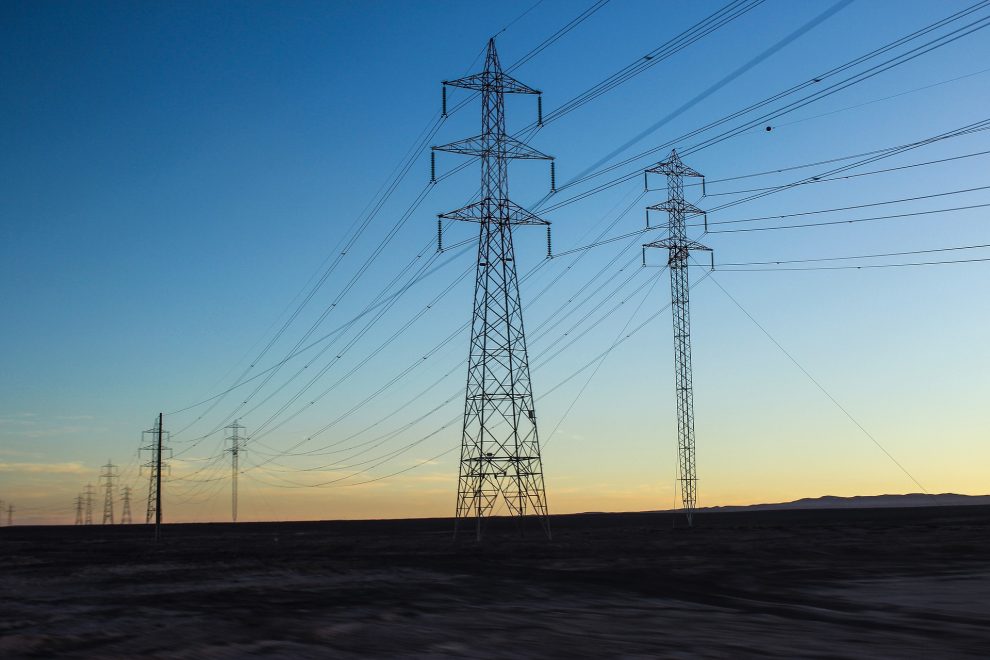The Power Minister also spoke about commissioning 100 MW decentralized solar plants used for agricultural load, connected to 33/11 kV substations
R K Singh, Minister of State (IC) for Power and Renewable Energy, recently made a significant declaration that India is on road to becoming an economy that is driven by electricity, specifically renewables.
Acting on the United Nations’ (UN) 17 Sustainable Development Goals, the Indian government has drawn out an ambitious yet achievable goal of installing 175 GW (225 GW including large hydro) of renewable energy capacity by 2022. Of the 175 GW, 100 GW is flexibly slated for solar power projects. Wind energy, biomass and small hydro accounts for the rest. The Ministry of New and Renewable Energy (MNRE) has also put out guidelines for harnessing ocean energy in the form of tidal projects. Just recently, the government also announced a goal of achieving 450 GW renewable energy capacity by 2030.
With all these initiatives underway, India seems to be en route to becoming an electricity based economy, specifically clean energy based. Addressing at the ten year anniversary event of Energy Efficiency Services Limited (EESL) in Delhi, the power minister, R K Singh stated, “The entire power sector is going through change and this change will continue. We want to electrify our whole economy. The energy would be through electricity rather than through petroleum products or other forms of energy. Besides mobility, the next target would be cooking by electricity. So, we will electrify the economy and make electricity green (generation through renewable). Those are our long-term goals.”
Talking about business strategies of EESL to enable energy efficiency, R K Singh said, “Business model that is what works. You can have subsidy models. I have found through experience that the subsidy model does not work as well as a business model. That is what EESL brought in energy efficiency. The business model made it possible to replace agriculture (water) pumps with energy-efficient pumps.”
The Power Minister also spoke about commissioning 100 MW decentralized solar power projects across India. These decentralized solar plants are used for agricultural load and are connected to 33/11 kV (kilovolt) substations, and is a cost saving factor for DISCOMS. Solar energy is abundantly available in India during the day and is ideal to power daytime loads, especially agricultural loads. Farmers connected to the agricultural feeders that are powered by the decentralized solar systems are greatly benefitted by this endeavor.
At present, DISCOMS provide power to agricultural loads free of cost or at extremely subsidized rates. The average cost incurred by DISCOMS to supply power to agricultural consumers is Rs.6 per unit. The T&D (transmission & distribution) losses for a rural feeder are approximately 30%. Solar power that is locally produced, through decentralized solar plants and fed to 33/11 kV sub-stations, will reduce the cost incurred by DISCOMS and improve energy efficiency of the equipment connected to the agricultural feeder. Right now there the number of 33/11 kV substations in rural India stands at 40,000. Statistically, if 1MW of decentralized solar power is connected to each of these sub-stations, it will increase the capacity generated from solar energy by 40 GW cumulatively. This will approximately save 26 BU annually from preventing T&D losses and translates to Rs.9000 crores economically. Thus, there is a significant electrical and economic benefit for DISCOMS from adding decentralized solar plants to power rural and specifically agricultural feeders.
Recently, EESL added 10 lakh smart meters across India, thus intensifying initiatives in the area of energy efficiency in the country. EESL is a Super-Energy Service Company (ESCO) that aids entities and individuals to fulfill their energy needs with the help energy efficient technologies.
Image by Sebastián Faune from Pixabay














Add Comment